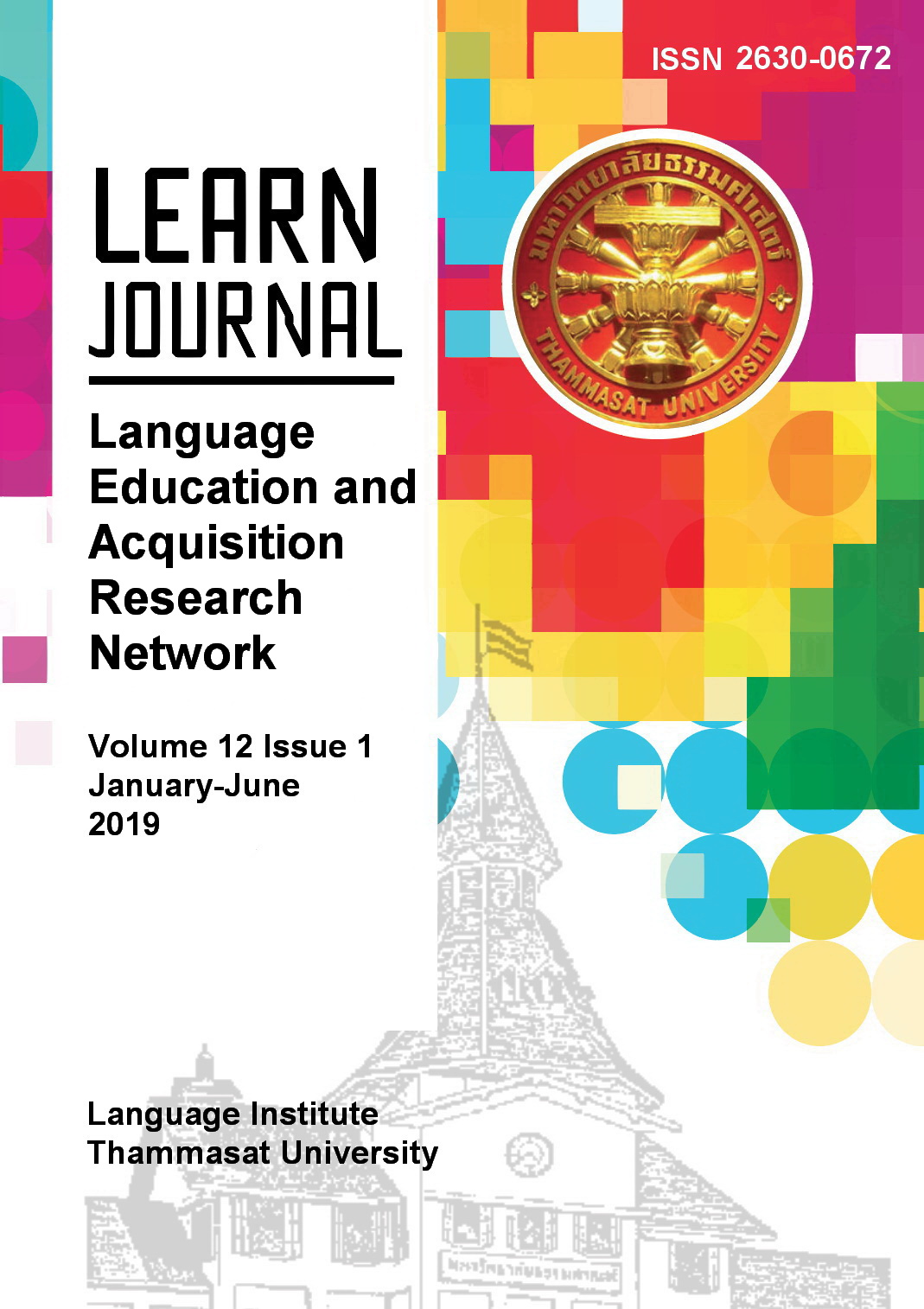The Influence of the Common European Framework of Reference (CEFR) in the Asia-Pacific Region
Main Article Content
Abstract
In the last 15 years the Common European Framework of Reference (CEFR) has become a very influential basis for the design of language curricula and the assessment of language learning outcomes, not only in its home continent but around the world. This article provides a basic introduction to the CEFR and then identifies the issues that have arisen when governments and language educationists have set out to apply the framework in the education systems of Taiwan, Japan and China. There is also some discussion of initiatives to establish national frameworks as alternative to the CEFR in Australia and New Zealand. The conclusion is that it is difficult to achieve a balance between the desirability of setting international standards in language learning and the need to represent the social and educational contexts of particular countries.


